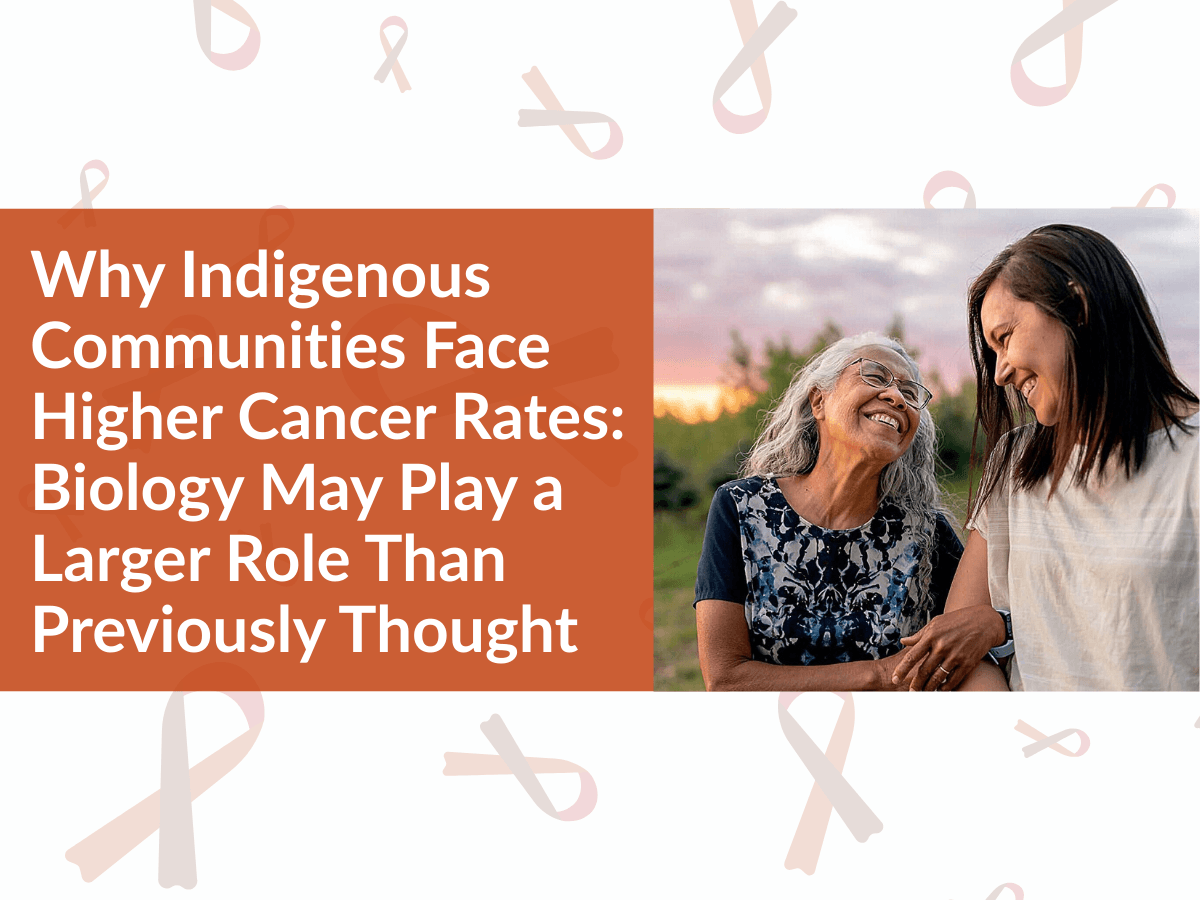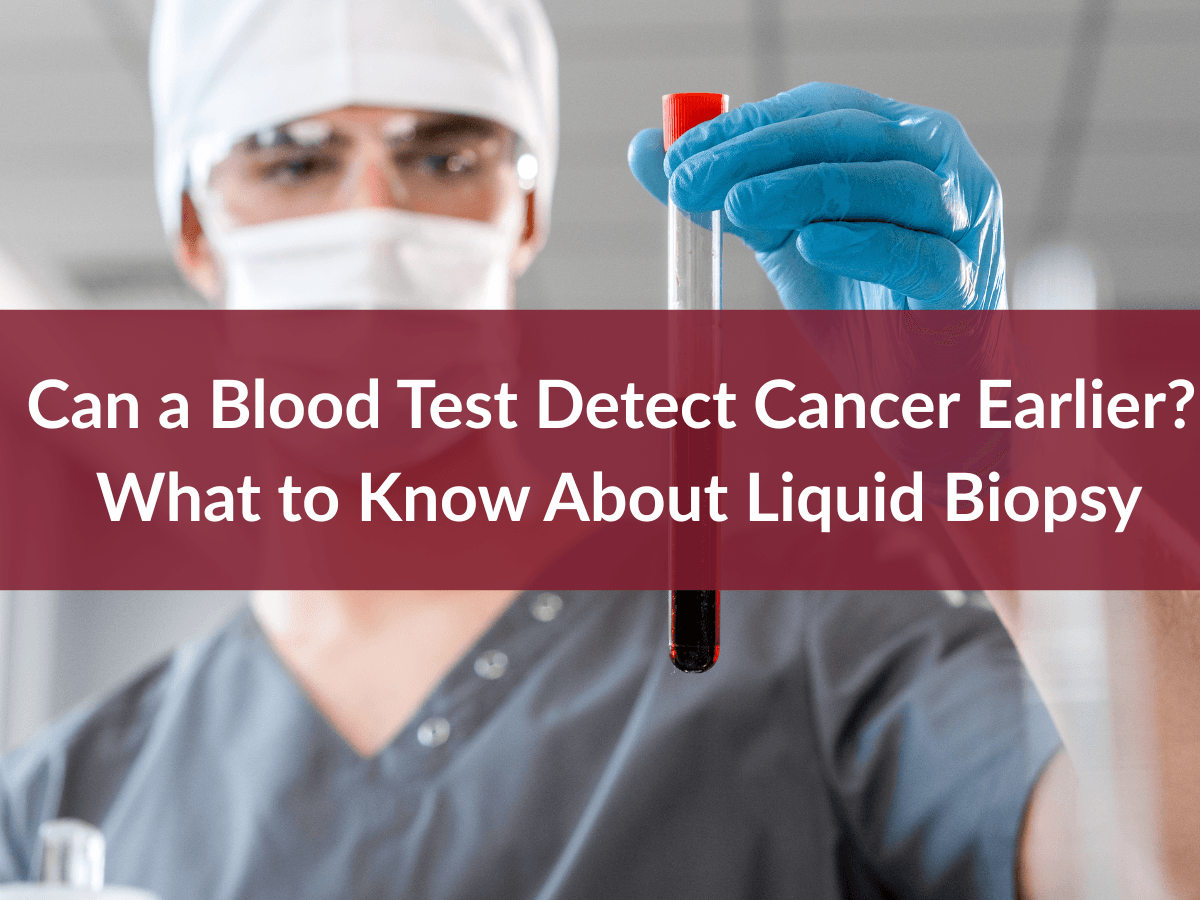
The Cancer News
AN AUTHORITATIVE RESOURCE FOR EVERYTHING ABOUT CANCER
What Cancer Doctors Are Saying About Ivermectin and Cancer Treatment
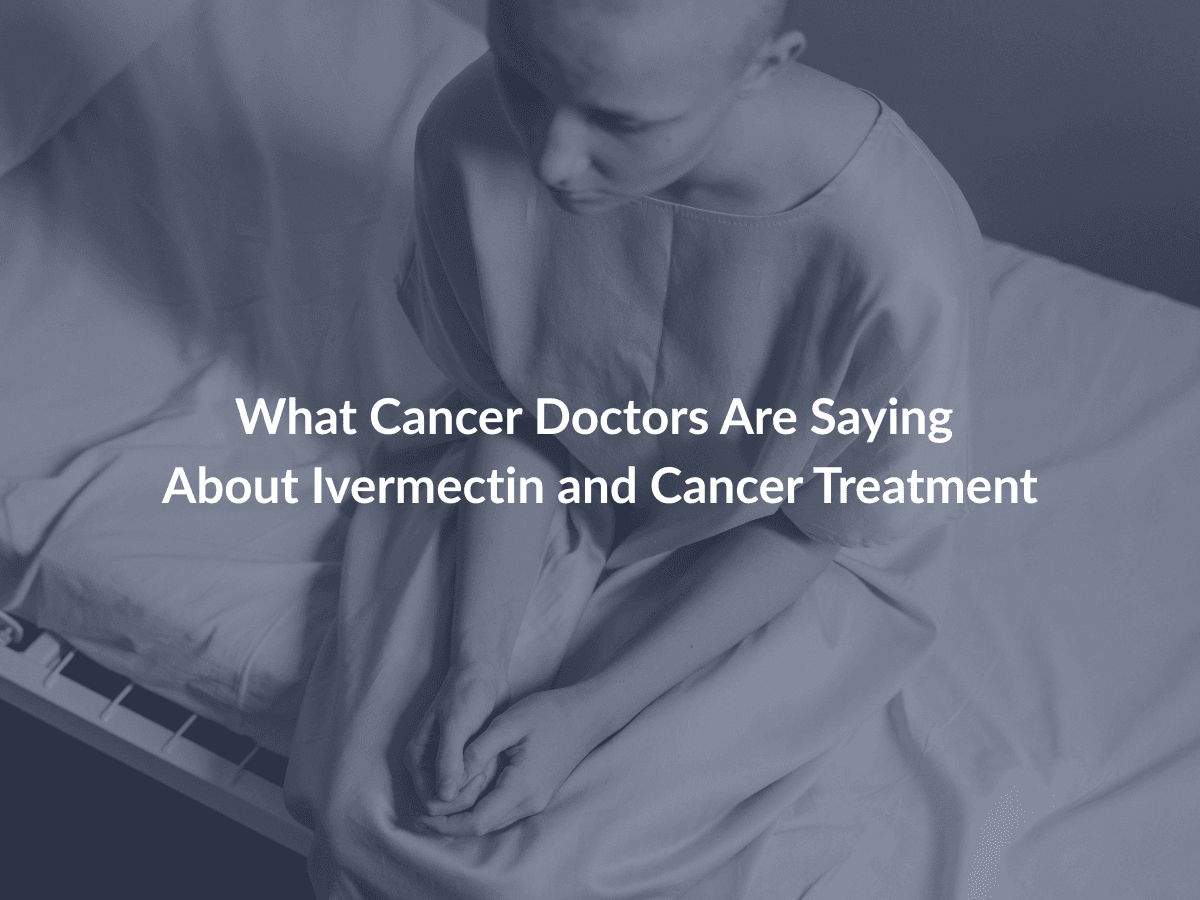
During the doom and gloom of the COVID-19 pandemic, which claimed over 7 million lives globally, misinformation also spread widely, silently consuming minds and, in some cases, lives. One such misinformation mascot was ivermectin, an antiparasitic drug that took center stage in claims of curing people with COVID-19 infection. While it gained popularity during the pandemic due to inconclusive preliminary research, its reputation is now causing similar damage in the field of cancer.
In a poll conducted by The Cancer News, more than 90% of medical oncology professionals said they have been asked by patients or caregivers about using ivermectin for cancer treatment. "There is too much misinformation out there," said one oncologist. To address this concern and clarify what the evidence actually shows, we asked oncologists to share their professional perspectives. But first, what is ivermectin, and what is it used for?
What is Ivermectin?
The story of ivermectin accidentally began in the 1970s near a golf course in Honshu, Japan. The microbiologist Satoshi Ōmura collected soil samples from the woods and went back to the laboratory for analysis. There, he discovered a new bacterium, Streptomyces avermitilis, which showed strong activity against parasitic infections in mice. From this, Omura purified the active components, revealing a family of compounds called avermectins, and by refining them, ivermectin was developed.
Ivermectin is a drug with powerful antiparasitic properties effective against both animals and humans. In the 1980s, it became one of the highest-selling animal health products due to its potency against both endoparasites (those that live in the body) and ectoparasites (those that live on the surface of the body). Ivermectin works by blocking ion channels in parasites and invertebrates, causing paralysis. This paralysis disrupts a parasite’s neuromuscular function, ultimately causing its death.
Currently, the ivermectin tablet is approved by the FDA to treat people with a specific roundworm infection and river blindness. The topical version of ivermectin is approved for external parasites such as head lice and rosacea. The FDA has cautioned against the use of Ivermectin in conditions that have not been approved or authorized. While for COVID-19, clinical trials demonstrate ineffectiveness of ivermectin, for cancer, there are limited data supporting ivermectin’s efficacy. There is only one active phase 1/2 clinical trial testing the combination of ivermectin and two immunotherapy drugs for patients with metastatic triple-negative breast cancer (TNBC). The trial is expected to finish by 2026, but if the results look promising, it will still need phase 3 testing.
Ivermectin for Cancer? Insights from a Survey of Oncologists
Claims about ivermectin as a cancer treatment have been circulating in the media since 2020. These claims have reached the clinic, and oncologists are expressing dissent, skepticism, and frustration. Here is what some of them had to say:
Context of Patient Requests for Ivermectin for Cancer Treatment in Hospital Settings
Oncology healthcare professionals described the situations in which patients with cancer raise the topic of ivermectin. Most oncologists report that this happens after patients read information online or on social media, often from non-medical sources. Some patients bring it up, hoping to enhance the effectiveness of their care, suggesting it as an adjunct or alternative to ongoing treatment. These findings underscore the importance of patient education on cancer treatment and evidence-based medicine. Providers play a key role in ensuring that patients make well-informed decisions to counter preexisting notions that may be inconclusive.
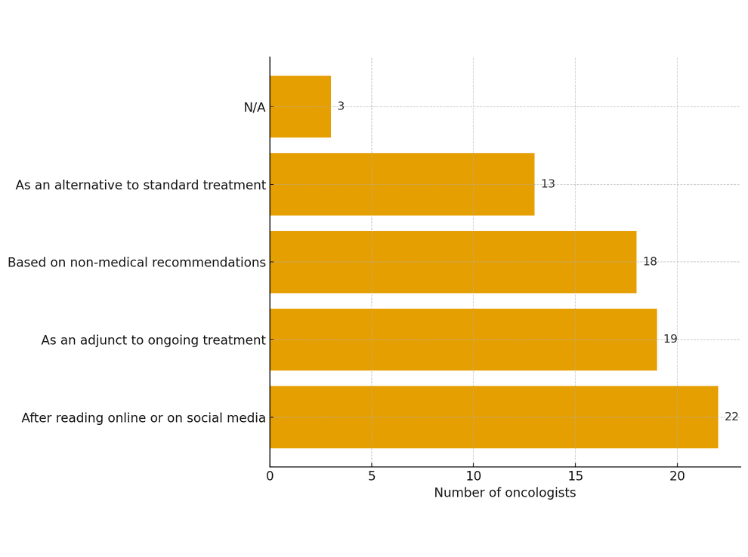
How Oncologists Respond When Patients Request Ivermectin
Echoing the scientific literature, the vast majority of oncology professionals cite the lack of conclusive evidence whenever patients request ivermectin for cancer treatment. Other oncologists strongly discourage its use, avoid the question, or refer patients to existing clinical studies.
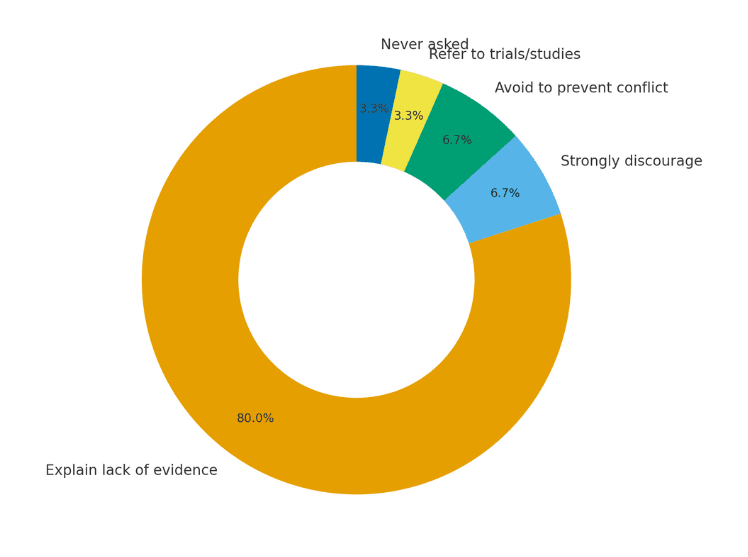
Oncologists' Views on Ivermectin for Cancer Treatment
Several of the oncologists we surveyed do not recommend ivermectin for cancer treatment. One oncologist recounted a specific scenario that illustrates the dangers of using unapproved medication, sharing, “In those patients who did not admit to using it (until intubated and spouse mentioned it or in one case where I pushed ) they had had toxicity that we attributed to chemo but which, in retrospect, was likely ivermectin induced.” Another oncologist also mentioned that “I had a patient taking this while not accepting standard cancer care, and cancer progressed.” These responses further underscore the need to raise awareness about the cancer research process and why drugs go through rigorous testing before approval.
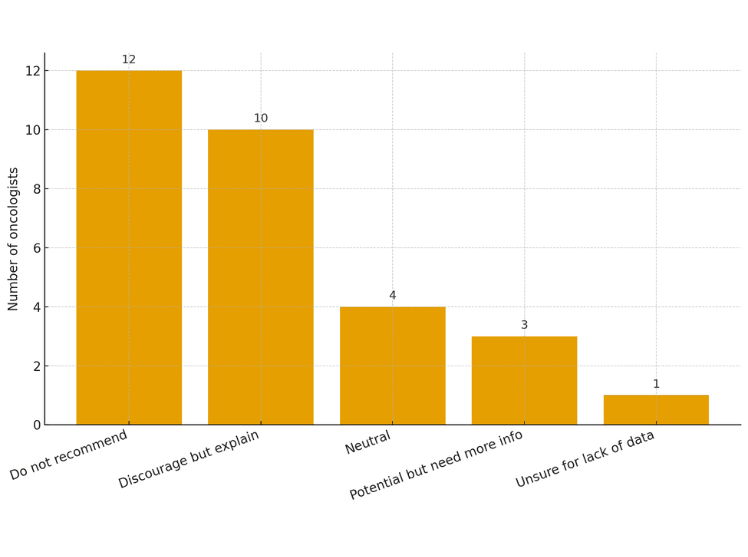
Awareness of Ivermectin Clinical Trials Among Oncologists
While most oncologists are not aware of any ivermectin clinical trials, one shared: “There was a plan for a phase II ivermectin/immunotherapy trial in triple-negative breast cancer that was halted/pulled, and a currently recruiting trial on clinicaltrials.gov for the same in TNBC MBC. So, there is some preclinical data suggesting it may be effective, but this is not the Phase III RCT clinical trial data we use in most of our studies.”
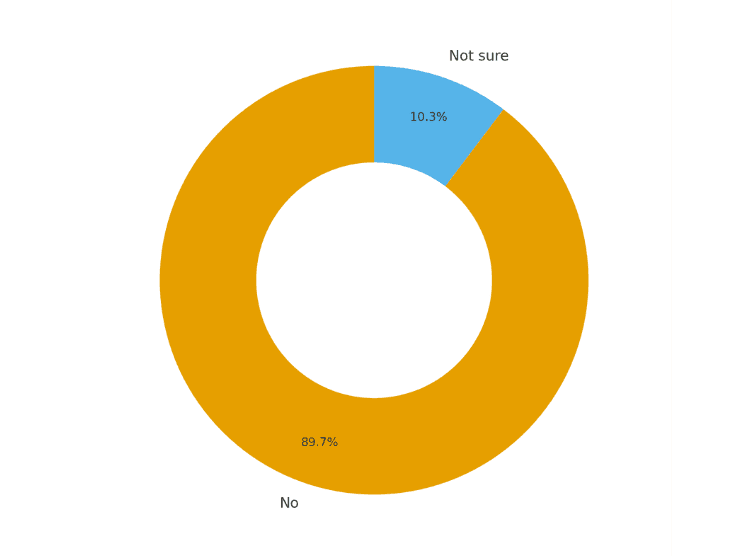
The doctor's response highlights that the use of ivermectin for cancer treatment is largely predicated on preclinical studies, which may not translate well to humans. As such, it is important to await robust data from a Phase III clinical trial before drawing any definitive conclusions.
Conclusion
There are over 20,000 scientific publications about ivermectin and cancer. The majority of these publications are preclinical, meaning the results show that ivermectin has an anticancer effect at the cellular level—in cells plated in a glass dish or implanted in mice, all of which is completely outside the human body. It does show some promise in the lab, but there is currently no proven clinical role for ivermectin in cancer treatment. In our survey, some oncologists agreed that more clinical trials are needed before it could ever become part of standard care. So, it is important for patients to openly discuss their concerns about ivermectin with their doctors and ask about the latest clinical trials to make well-informed decisions.
Works Discussed
- Laing, R., Gillan, V., & Devaney, E. (2017). Ivermectin - Old Drug, New Tricks?. Trends in parasitology, 33(6), 463–472. https://doi.org/10.1016/j.pt.2017.02.004
- Sai Yengu, N., Raheem, A., Pons, A. G., Ho, W. L., Ali, S. M. S., Haseeb, A., Fadlalla Ahmad, T. K., & Mustafa, M. S. (2025). The impact of ivermectin on COVID-19 outcomes: a systematic review and meta-analysis. Annals of medicine and surgery (2012), 87(2), 809–829. https://doi.org/10.1097/MS9.0000000000002762
- U.S. Food and Drug Administration. (2024, April 5). Ivermectin and COVID-19. https://www.fda.gov/consumers/consumer-updates/ivermectin-and-covid-19


